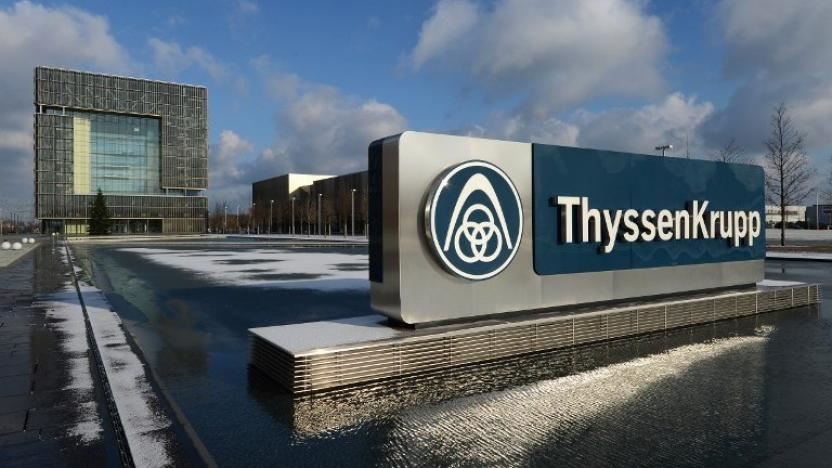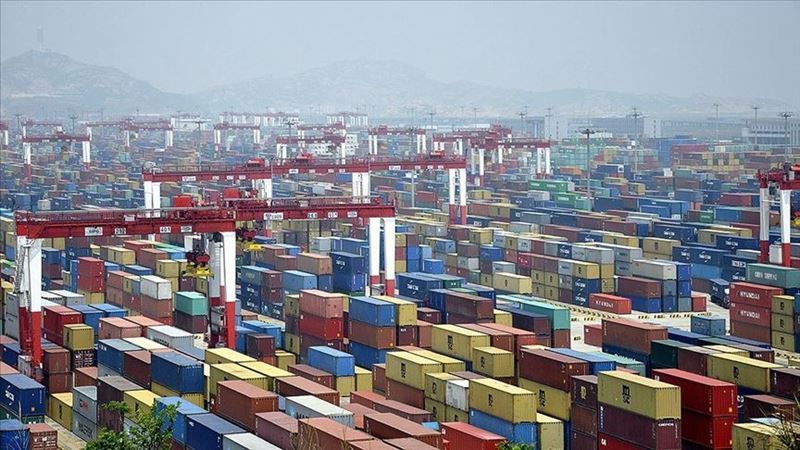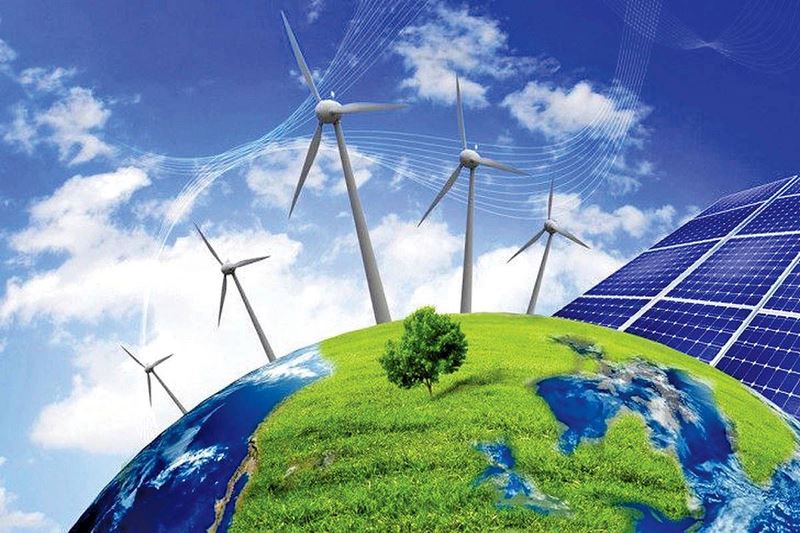The furnace capacity is about 10 thousand tons of pig iron per year. After returning to operation, the metallurgical plant reached its full capacity of approximately 11.6 million tons per year. However, if there was a severe shortage of flat products on the European market during the summer, it is now more likely to be an oversupply.
During the overhaul of the blast furnace, ThyssenKrupp introduced the Sequential Impact Process or SIP technology (literally "Sequential Impact Technology") previously used in shaft type fuel furnaces (cupola furnaces).
According to Primetals Technologies, with which ThyssenKrupp has an exclusive cooperation agreement to promote this technology to other countries of the world, blast furnace operators can reduce operating costs by injecting traditionally pulverized coal, which reduces the rate at which coke is fed into the batch. However, additional oxygen enrichment is required to improve the combustion of the added fuel. From an economic standpoint, this approach is beneficial, but associated with a number of technological and operational challenges. Combustion of the fuel in the combustion zone in front of the tuyeres increases the heat load on the shell, and unburned material (charred residue) can accumulate in the charge, reducing the operating efficiency of the furnace.
SIP technology allows for the re-direction of the enrichment oxygen application and a series of controlled high-energy pulses that increase the local concentration in the combustion zone in front of the tuyeres. The result is improved combustion and fuel conversion. In addition, due to the higher oxygen penetration, the resulting heat load is more shifted towards the central region of the furnace. A small coke ratio in the lot can be increased without loss of permeability or increase in overall pressure drop. These conditions make it possible to increase the proportion of coke replaced by blown substances and increase the production potential, without disturbing the technological conditions. Overall fuel consumption can be reduced, resulting in the added benefit of reduced carbon dioxide emissions.
After 2025, ThyssenKrupp reports that the blast furnaces at the Duisburg plant will be phased out and replaced by electric arc furnaces that use reduced iron as a raw material. It is planned to replace coke with hydrogen. However, according to Paul Freeman, director of blast furnace technologies at Primetals Technologies UK, the development of new solutions that will eventually replace the blast furnace process will take a long time, and before that, blast furnaces will retain their role in global metallurgy.











Comments
No comment yet.